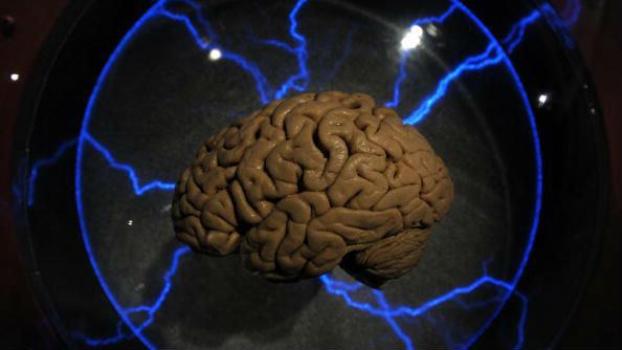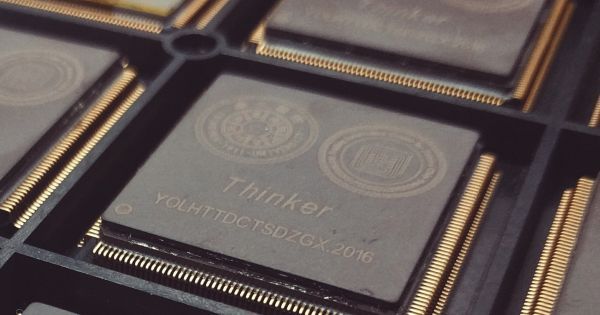Jan 31, 2018
Revolutionary stealth virus holds promise for cancer therapy
Posted by Brady Hartman in categories: bioengineering, biotech/medical, genetics, life extension
Researchers solved a problem that has been holding back the use of viral vectors for cancer therapy. They re-engineered viruses with a novel stealth technique that enables them to be used to treat cancer.
Up until now, viral vectors couldn’t be used widely in cancer therapy. Researchers just announced that they re-engineered an adenovirus with a novel stealth technique that enables it to be used to fight tumors. [This article first appeared on the website LongevityFacts.com. Author: Brady Hartman. ]
Viral vectors are well-developed tools used by scientists to deliver genetic material into cells. Unfortunately, they haven’t worked well to treat cancer until a group of researchers in Switzerland re-engineered them to enable them to be used in cancer therapy.
Continue reading “Revolutionary stealth virus holds promise for cancer therapy” »


















